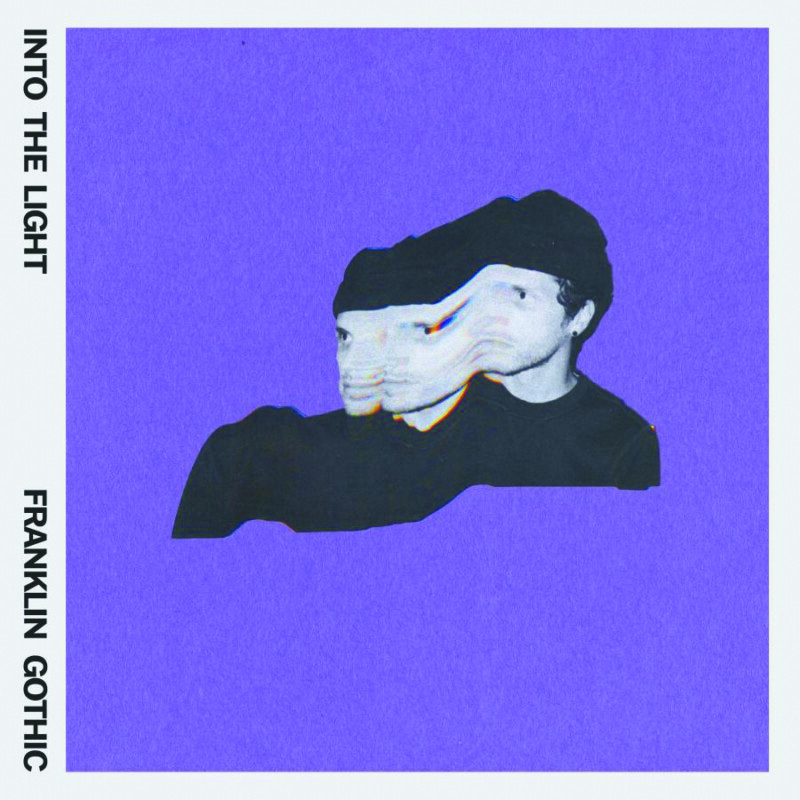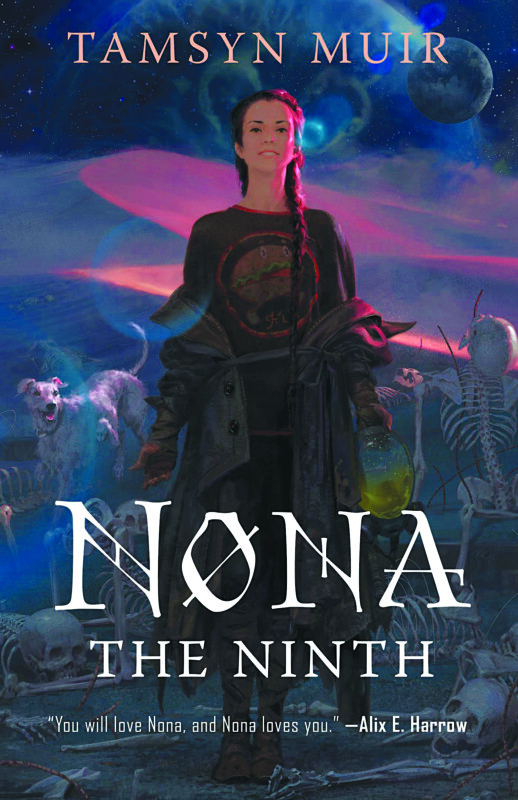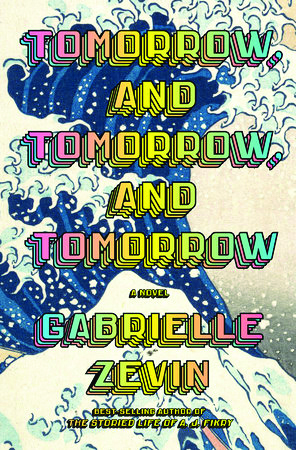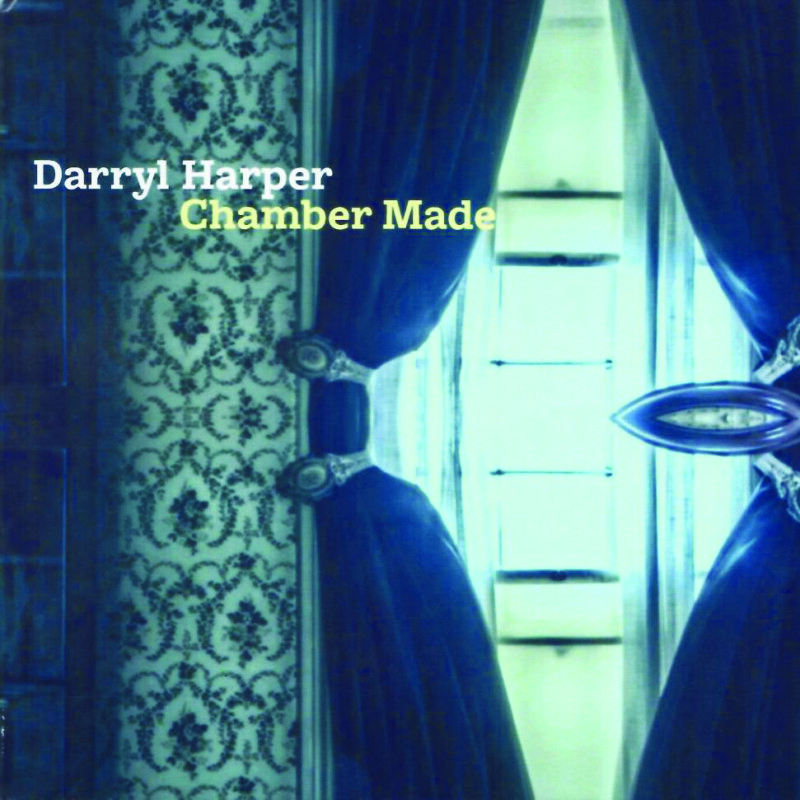Franklin Gothic, Into The Light (Very Jazzed & Pleasure Tapes)
Nothing I hate more than committing to writing up a new release and there’s literally nothing about them to be found through a basic Google search. After 10 minutes of backbreaking effort, all I really know about this one is that the principal — Jay DiBartolo of Portland, Oregon — has taken the name of a computer font as his stage name, and that he’s a really interesting songwriter. His stuff is out there but eminently accessible, in the eclectically hip manner of guys like Luke Temple and Winston Giles (I know, you’ve never heard of them, just trust me on this) but with a more mellow bent. DiBartolo stated that this 12-song EP’s mission was to mold something that was so genre-mixed as to be original, and I’d say he’s in the ballpark; opening tune “Beneath” is like a cross between Byrds and Zero 7, and that’s just for starters. Love this kind of stuff. A
Whitney, Spark (Secretly Canadian Tapes)
Fourth full-length from this Chicago band, although they’d describe it more as a debut of sorts, a departure from their first three. Vibe-wise that claim does pass the smell test; they were eminently more hip-hop/aughts-indie infused in their last LP Candid, which was often like a cross between Jamie Lidell, MGMT and Grizzly Bear. But their new thing is applying their samples and (spoiler alert) falsetto voices to things that speak more to an afterparty thing. That ties in with the environs in which these tunes were slapped together: (very) late-night recording sessions in a rented Portland, Oregon, bungalow, which appears to have dredged up a certain melancholy resident with all humans; what I’m saying is that there’s a bizarre but very tuneful trace element of Elton John’s Captain Fantastic to be heard if you pay close attention, a subdued, desperate, lonely-but-dealing-with it angle on tap here. The overall sound is a bit contrived, sure, but this is no Jr Jr wannabe, not at all. A+
Playlist
• As is tradition, Friday, Sept. 23, is the next date for CD releases, and guess what, gang, this week I get to riff on that TV show Stranger Things, because the first album on the docket is Maya Hawke’s second album, MOSS! Hawke is, of course, the daughter of actress Uma Thurman and actor Ethan Hawke, so we know that her path to stardom was a tough row to hoe, probably involving waiting tables at IHOP for six shifts straight, you people just don’t know what it’s like! On the show, she plays the chick who dresses up like Popeye the Sailor for whatever kinky reason. I’m trying to remember anything she did in the show other than annoy her coworker, she’s that great of an actress, but then again, to me, that show is just a big fat fricassee of random 1980s cultural tropes with an unfollowable storyline about — you know, I don’t honestly know what it’s about, even though I’ve seen the whole series twice already. Whatever, it’s about ecto-monsters from another dimension or some idiotic thing, and the biggest headline that it ever inspired was “Wow Look It’s That Kate Bush Song On A TV Show,” which just made me and all the other incorrigible grumps say, “Who cares.” Will the 80s craze ever fizzle out? and yes, it’s news to me that she did an album before this, but yes, she did, in 2020, an LP called Blush, a set of country and folk songs that received a 6.8 rating from our friends at Pitchfork. I haven’t the motivation to go listen to any of that, but as far as the MOSS album, there’s a single, “Sweet Tooth,” a half-there twee-quirk-pop trifle that’s pretty and catchy enough if not very tuneful or adventurous, but seriously, gang, you have to hand it to this hilariously privileged wombat-pop wannabe for hanging tough in the face of all her obstacles. Warms my heart.
• And moving on, let’s see, blah blah blah, etc., here’s a band called The Comet Is Coming, with an album titled Hyper-Dimensional Expansion Beam. I’ll assume since I’m completely unfamiliar that this is going to be a Flaming Lips trip or a Kaiser Chiefs clone, and either way I’ll hate every note their instruments and voices produce, let’s go see what this nonsense does to my sensitive stomach. Nope, they’re a nu-jazz band from London, England, and, just like every other techie-ish band, they have pseudonyms like “King Shabaka” and “Danalogue” because their real names — “Dan,” “Max” and something else — won’t get people to buy their albums, and — oh, let’s just get it over with; the teaser track is “Code” (see how techie they are, folks?), a stompy, big-beat thing with a lot of skronky saxophone. It’d make great background music for a YouTube of someone getting chased around by a moose in real life, Benny Hill-style, let’s keep moving.
• Makaya McCraven is a jazz drummer from France, and the big news here is that I almost never see actual jazz albums in my corporate “You need to talk about this” list. This dude’s new album, In These Times, includes a number called “Dream Another,” an unbelievably boring, mid-tempo song that makes me think of Ben Kweller but with no singing. The video uses an animation technique in which images are composed and laser etched on stone and played through a zoopraxiscope, not that anyone will know what that means other than that it looks kind of dumb.
• We’ll end the week with Oakland-based singer The Soft Moon and his sixth LP, Exister, whose tire-kicker single “Become The Lies” is like 1980s Duran Duran but with some Depeche Mode goth going on. It’s OK.
If you’re in a local band, now’s a great time to let me know about your EP, your single, whatever’s on your mind. Let me know how you’re holding yourself together without being able to play shows or jam with your homies. Send a recipe for keema matar. Message me on Twitter (@esaeger) or Facebook (eric.saeger.9).






